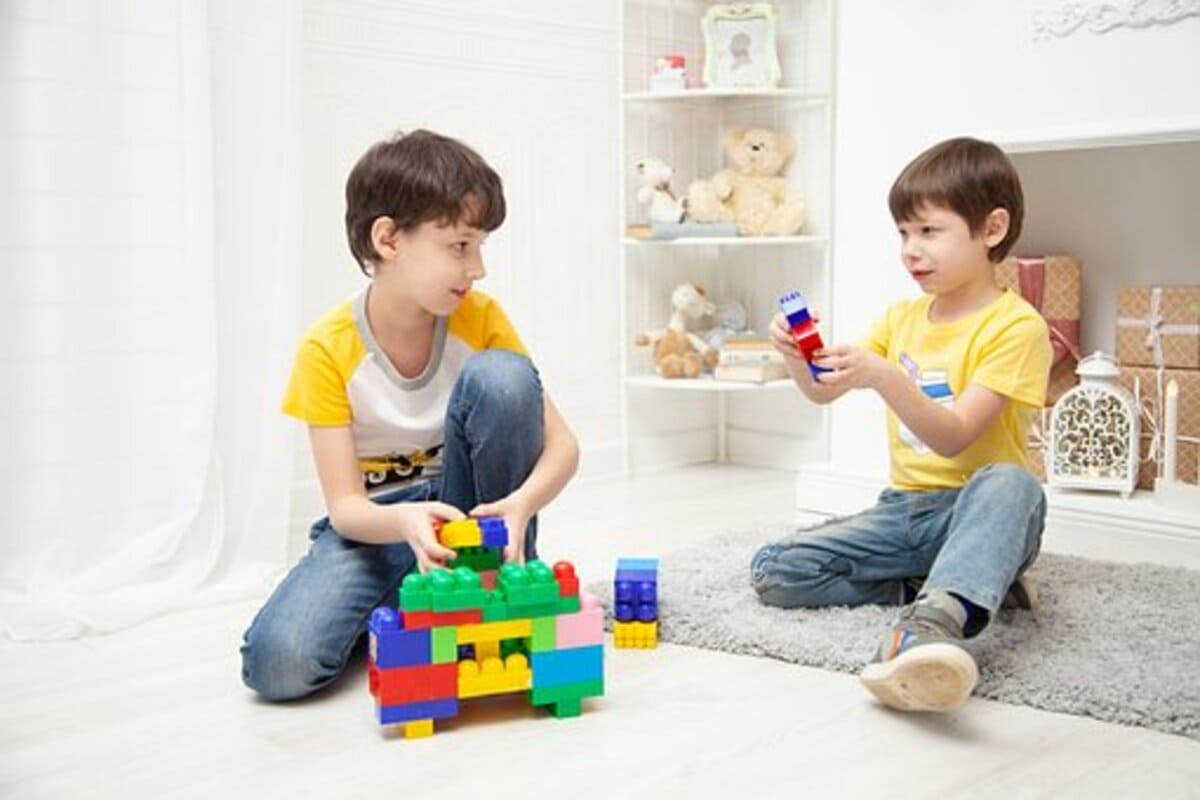Toys play a crucial role in a child’s development and have been an integral part of childhood for centuries. They not only provide entertainment but also offer numerous benefits to a child’s cognitive, physical, social, and emotional growth. This article explores the positive effects of toys on a child’s development and highlights the importance of play in their overall well-being.
Cognitive Development
Toys serve as powerful tools for stimulating a child’s cognitive abilities. Simple puzzles, building blocks, and educational toys enhance problem-solving skills, critical thinking, and logical reasoning. These toys encourage children to explore and experiment, fostering creativity and imagination. Research by Gredler (2015) suggests that play-based learning with toys helps children develop early math and language skills.
Physical Development
Toys that promote physical activity and motor skills development have a significant impact on a child’s physical well-being. Riding bikes, playing with balls, or engaging in outdoor games enhance coordination, balance, and gross motor skills. Fine motor skills can be honed through toys like construction sets, art supplies, and puzzles, which require precise hand-eye coordination. According to a study published in the Journal of Pediatric Health Care (2018), toys that involve physical activity contribute to healthy growth and development in children.
Social and Emotional Development
Toys provide opportunities for social interaction and emotional expression, which are crucial for a child’s social and emotional development. Board games, dolls, and pretend play encourage cooperation, turn-taking, and conflict resolution. Through these interactions, children learn to communicate, negotiate, and understand social cues. Stuffed animals and comfort toys provide a sense of security and companionship, fostering emotional well-being. Research by Berk (2018) indicates that toys promote empathy, emotional regulation, and the development of social skills.
Imagination and Creativity
Toys ignite a child’s imagination and creativity, allowing them to create their own worlds and scenarios. Art supplies, costumes, and imaginative playsets enable children to express themselves freely and develop their unique ideas. Studies have shown that imaginative play with toys promotes divergent thinking, problem-solving abilities, and originality (Eisenberg et al., 2020). Toys that encourage creativity inspire children to think outside the box, boosting their innovative thinking skills.
Toys play a vital role in a child’s development by providing opportunities for cognitive, physical, social, and emotional growth. They stimulate curiosity, promote problem-solving skills, and foster creativity. The positive effects of toys on a child’s development are well-documented by research. However, it is important for parents and caregivers to choose age-appropriate and safe toys that align with a child’s interests and developmental stage.
By embracing the power of play and providing a rich assortment of toys, parents can support their child’s holistic development and create a nurturing environment for learning and growth.
References
- Gredler, M. E. (2015). Learning and instruction: Theory into practice (7th ed.). Pearson.
- Journal of Pediatric Health Care. (2018). The importance of play in promoting healthy child development and maintaining strong parent-child bonds. https://www.jpedhc.org/article/S0891-5245(18)30047-4/fulltext
- Berk, L. E. (2018). Child development (10th ed.). Pearson.
- Eisenberg, N., Spinrad, T. L., & Eggum, N. D. (2020). Emotion, emotion-related regulation, and toys: A socialization perspective. In N. Budwig, E. Turiel, & P. D. Zelazo (Eds.), New perspectives in early moral education: Contributions from developmental and educational psychology (pp. 77-97). Routledge.











